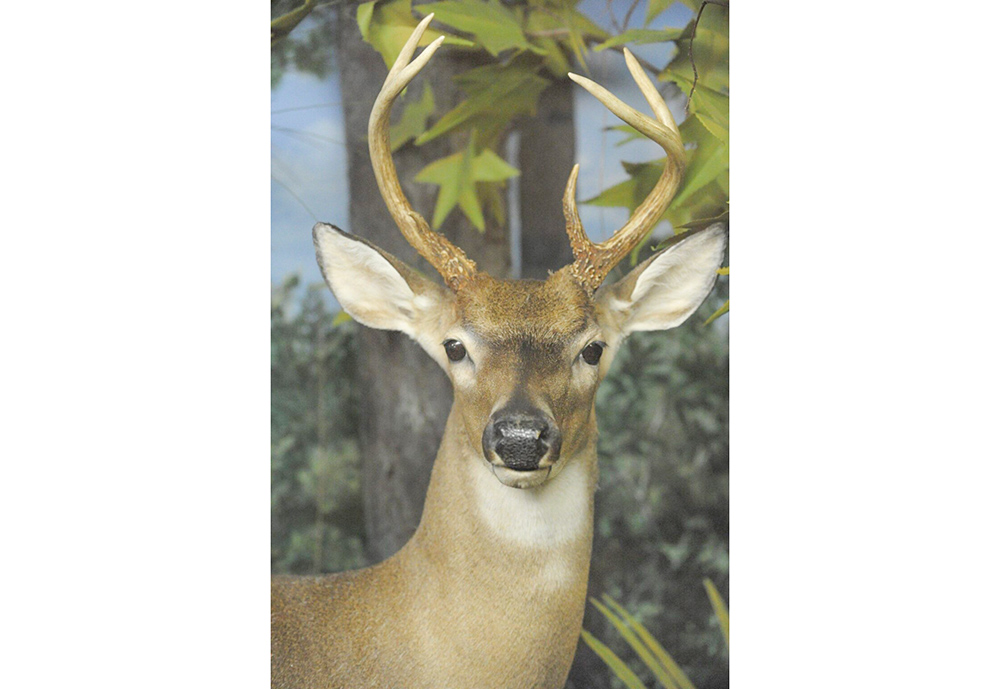CONTRIBUTED BY ALABAMA BLACK BELT ADVENTURES ASSOCIATION
The Alabama Black Belt Adventures Association is urging hunters to donate to Hunters Helping the Hungry during the current deer season.
A program coordinated by the Alabama Conservation and Natural Resources Foundation, the Hunters Helping the Hungry program began in 1999 and has donated about half a million pounds of venison to food banks across the state since the program’s inception.
“We want to encourage sportsmen and women to utilize this free program to support the areas in which they go afield,” said Alabama Black Belt Adventures Association Director Pam Swanner. “Providing healthy, organic and ground venison to families in need in Alabama, and especially in the Black Belt, is a powerful way to give back to our communities.”
Donated deer meat is processed into ground venison, packaged and frozen, ready to be distributed to the food banks. There is no charge to the hunter for processing the deer.
Alabama Department of Conservation and Natural Resources Commissioner Chris Blankenship, who chairs the ACNR Foundation, is a believer in the HHH program.
“While this program has been a mainstay for wildlife managers for more than two decades, it also fills a critical need in communities all over the state,” Blankenship said. “We’re proud to fund this program and we’re especially grateful to the participating processors. As I’ve said in the past, this is such a rewarding way for hunters to help manage our abundant deer population and take advantage of Alabama’s months-long season and liberal bag limits to provide meat for their own freezer and also help families in need.
“All a hunter has to do is drop the deer off at one of the participating processors with a Game Check confirmation number, and the processor takes care of the deer and sends it to the food bank,” Blankenship added. “That’s definitely a win-win for everybody.”
Several processors in the Black Belt participate in the HHH program, including:
· Sportman Deer Processing in Montgomery County
· Nichols Deer Processing in Dallas County
· Richey’s Deer Processing in Hale County
· Johns Deer Processing in Lee County
· Twin Oaks Deer Processing in Lee County
· Ray’s Deer Processing in Lee County.
For a full list of participating processors, please visit the website. In addition, a list of participating food banks can also be found online at www.outdooralabama.com/programs/hunters-helping-hungry.
HOW HUNTERS HELPING THE HUNGRY WORKS
– Hunters field dress the deer and take it to a participating processor. It does not cost the hunter any money to donate the venison, but hunters may voluntarily pay processing fees to provide more venison for food banks to distribute.
– Processors grind the venison and contact their nearest participating food bank. The food bank will pick up the venison. Processors receive $1 per pound from the Alabama Conservation and Natural Resources Foundation.
The food bank will distribute the venison to those in need.
“Alabama Black Belt Adventures Association supports the Hunters Helping the Hungry program, and since the Black Belt region is the prime hunting ground for the state, we are hopeful hunters here will step up to the challenge and do their part to help Alabama fight hunger,” Swanner said.
The Black Belt includes the following 23 counties: Barbour, Bullock, Butler, Choctaw, Clarke, Conecuh, Crenshaw, Dallas, Greene, Hale, Lee, Lowndes, Macon, Marengo, Monroe, Montgomery, Perry, Pickens, Pike, Russell, Sumter, Tuscaloosa and Wilcox.
THE ALABAMA BLACK BELT ADVENTURES ASSOCIATION
The Alabama Black Beld Adventures Associationis committed to promoting and enhancing outdoor recreation and tourism opportunities in the Black Belt in a manner that provides economic and ecological benefits to the region and its citizens. For information, go to www.alabamablackbeltadventures.org.

